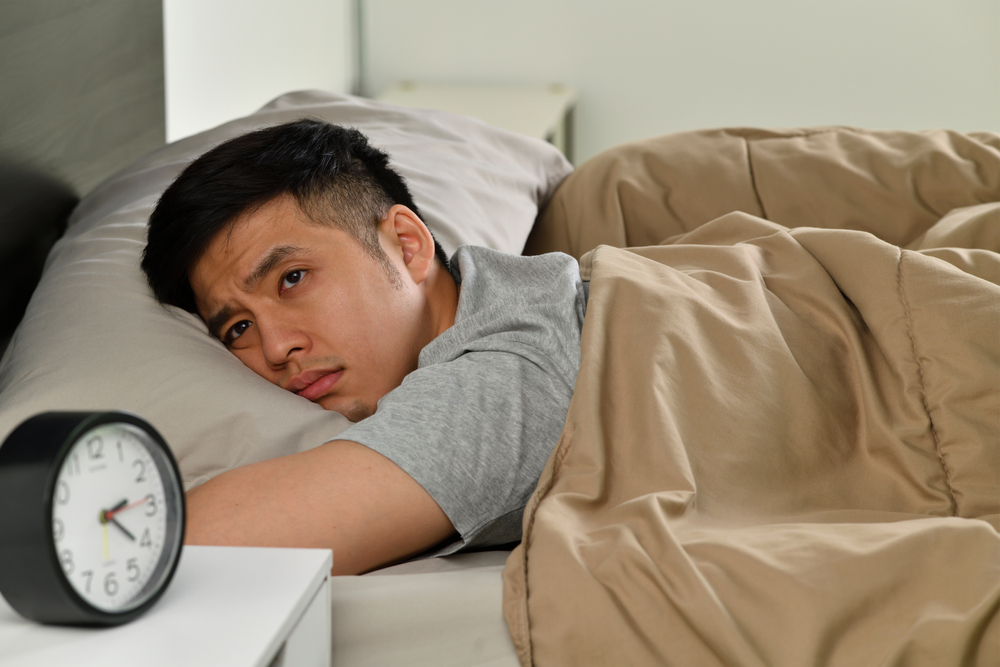Snoring is a widespread issue that disrupts sleep for both the snorer and their bed partner.
We examine the effectiveness of various anti-snoring solutions, including mouth taping, nasal strips, and other methods, to help you find the best solution to this problem.
Understanding Snoring
Snoring occurs when the upper airway narrows due to relaxed muscles, causing tissue vibrations as air flows through.
Factors such as fatigue, sleep hygiene, sedating medications, and alcohol consumption can influence snoring. Snoring can happen during all phases of sleep, but it tends to occur more often during deeper stages of sleep.
Recognizing Obstructive Sleep Apnoea (OSA)
Snoring may be a symptom of OSA, a condition where the upper airway is severely narrowed or obstructed, leading to a decrease in oxygen levels. If you experience choking noises, gasping, or stopping breathing during sleep, consult a medical professional.
Analysing Anti-Snoring Devices and Methods
Various devices and methods claim to stop snoring. In this section, we evaluate their effectiveness and potential drawbacks.
Mouth Taping
Mouth taping involves placing porous tape over the lips to prevent mouth breathing. However, experts do not recommend this method because it can reduce airflow and increase breathing effort. It also assumes an open nasal passage, which may not always be the case, particularly for those with nasal obstructions. Additionally, mouth breathing is a normal bodily function, and restricting it could cause discomfort.
Mouth Exercises
Mouth exercises, or orofacial myofunctional therapy, aim to improve muscle tone in the oral and pharyngeal muscles. They may help reduce snoring and OSA severity, but they are typically used in conjunction with other treatments. While these exercises are non-invasive, low-risk, and easy to perform, their long-term effects are unclear, and stopping the exercises may reverse their benefits.
Sleeping on Your Side
Sleeping on your side can lessen airway obstruction due to the position of the tongue. Positional therapy, such as using a tennis ball or pillow to prevent rolling onto your back, can be effective but may be uncomfortable and challenging to maintain long-term.
Nasal Strips
Nasal strips work by widening the nasal airway in those with tall, tented noses, thin skin, and soft nasal cartilages. However, they may not be effective for everyone, especially those with flatter noses or other nasal structural differences. Moreover, nasal strips have not been proven to be helpful in treating snoring or OSA.
Self-Repositioning Device
A self-repositioning device adjusts head and neck positions to stop snoring. It is a form of positional therapy, but may not address other factors contributing to snoring, such as obesity and facial structures. Additionally, these devices may cause discomfort or improper neck support.
Anti-Snoring Mouthpiece
Customized oral appliances can be effective in preventing snoring by shifting the jaw or holding the tongue forward. Over-the-counter devices are not recommended, as they may not be personalized for comfort and effectiveness. It is crucial to consult a professional to ensure the best fit and functionality.
Chin Strap
Chin straps wrap around the face to keep the jaw closed during sleep, similar to mouth taping. They may also pull the jaw forward to open the airway. However, custom oral appliances are more effective for patients with overbites and small jaws. In some cases, the chin strap may not help and could instead worsen airway narrowing.
Lifestyle Changes
In addition to exploring anti-snoring devices and methods, lifestyle changes can significantly impact snoring. Losing weight, avoiding alcohol and sedatives, and maintaining good sleep hygiene can all help reduce snoring. Smoking cessation and treating allergies can also contribute to improved airway function and reduced snoring.
Finding the Right Solution
Although there is no one-size-fits-all solution, several devices and methods may provide relief. It’s essential to consult a medical professional to identify the root cause of snoring and receive personalized treatment recommendations. Ultimately, a combination of lifestyle changes and professionally guided interventions can help improve sleep quality for both snorers and their bed partners.













